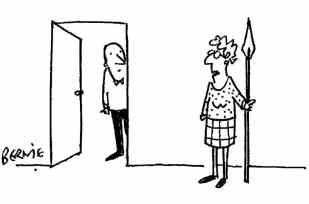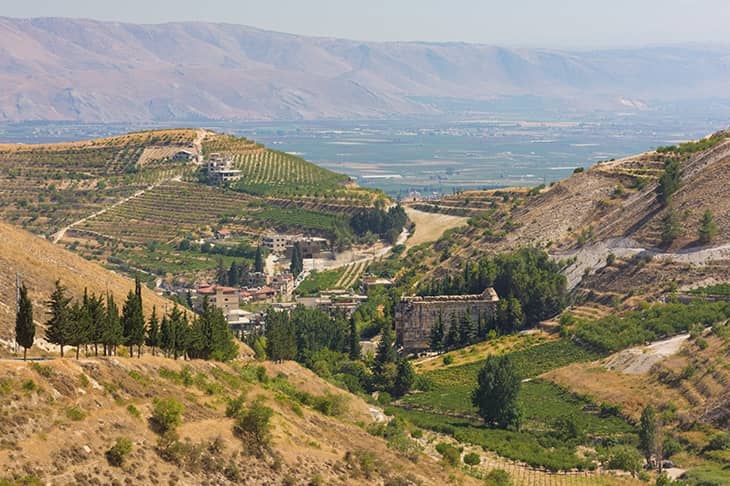In the Levant, the grape has been cultivated for millennia, some of it used for wine. The hills of Lebanon were — and are — especially fertile, as the Jesuits discovered. The Society of Jesus was the SAS of the Counter-Reformation. Its alumni were famous for intellectual ability and physical courage: scholars and martyrs. They were also notorious for deviousness. Even Catholic monarchs regarded them with suspicion: the latter-day successors of the Templars. But at least Jesuits were not burnt at the stake, merely expelled from a number of countries, including Spain.
The Jesuits believed that in order to convert the world, they had to move effortlessly in sophisticated circles. To that end, they kept a good table, reinforced by a fine cellar. Hence their wine-growing endeavours in Lebanon, at Ksara in the Bekaa valley, which started in 1857. They acquired vines that had been producing sweet wine for sacramental purposes. Bog-standard communion wine would hardly do for the Js. They vastly upgraded the quality. They also discovered underground passages which dated back to Roman times. The Romans may have used some of them as dungeons. Dungeons in Jesuit hands: that might have been an alarming prospect, but the new owners turned them into cellars.

Lebanon: 50 years ago, it could almost have been said that Earth had not anything to show more fair. Beirut was a low-rise Turkish city, in the benign shadow of Mount Lebanon. For much of the year, in the course of the same day, it was possible to swim in the sea and ski in the mountains. The inhabitants were a delightful blend of charm and cunning. As sophisticated as anyone whom the Jesuits had encountered, they practised every known vice with elegance, including the ones which they had invented. Alas, it was as if the Almighty had decided He had inadvertently created an earthly paradise, which needed the corrective of a double helping of original sin. The Lebanese found themselves pounded between the hammer and the anvil. There followed nearly 50 years of conflict, bloodshed and tragedy. But there was also resilience. It seems that nothing can break the Lebanese spirit, and nothing can prevent them from growing wine.
In 1973, the Jesuits suddenly sold Ksara. Did they sense a civil war was coming? The property was bought by the Sara family and the other night, during a splendid dinner at Boisdale, I met George Sara and tasted his wines. At more than 1,000 metres, Ksara has advantages of weather and terroir, with enough rain, warm days, cool evenings and stony soil, guaranteeing minerality. It grows a range of grapes including a local varietal, Merwah. That produces a crisp wine with length on the palate. Excellent as an aperitif, it worked well with smoked fish and would be a sound substitute for a good fino or a manzanilla.
Nothing can break the Lebanese spirit, and nothing can prevent them from growing wine
Other enticing whites and reds followed, with various blends plus some Cabernet Sauvignons. The 2006 Ksara Rouge, wholly Cab Sauv and thoroughly Bordeaux in style, was worthy of classed growth status. By mistake, a 1960 had been decanted too early. As with most wines of that age — only the greatest excepted — it ought to have been a case of open and pour. But there was still a hint of what would have been. We finished with a 70-year-old eau de vie, which tasted like a fine 30-year-old cognac. It was an outstanding tasting.
Throughout history, the Bekaa valley has been a major conduit. The temples of Baalbek are an inspiring spectacle. The neighbouring Hezbollah encampment, emitting regular feux de joie, is proof that worship of Baal is not extinct. Ksara proves the Lebanese will not be daunted. Against all adversity, they will proclaim the joyful aspects of the human condition.






Comments